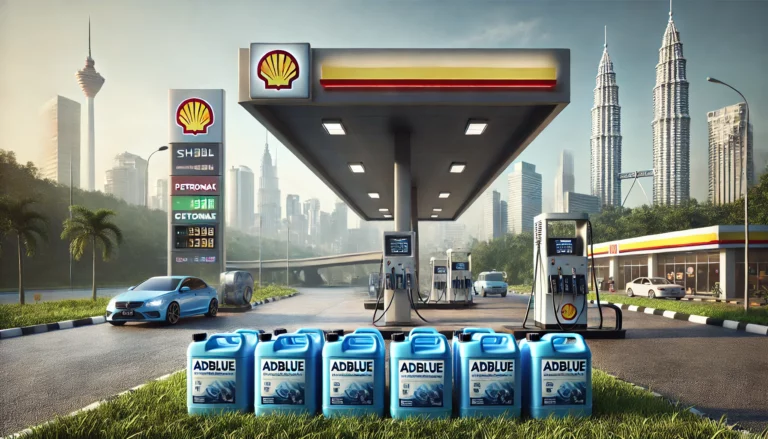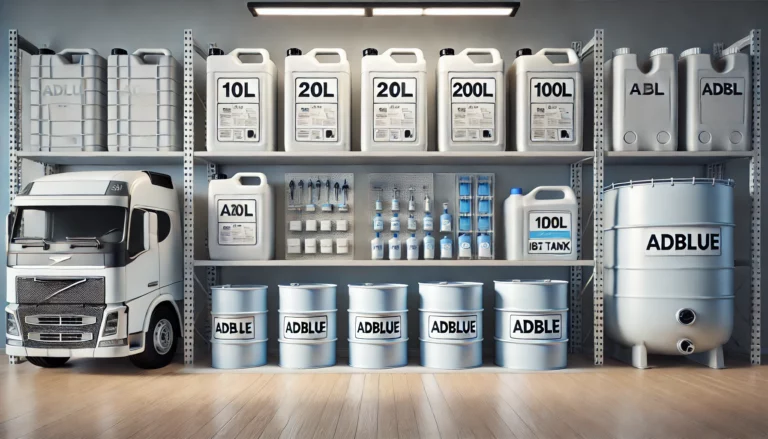Proper storage of AdBlue® is crucial for maintaining its effectiveness and ensuring long-term use. Here are some essential tips to maximize the shelf life and efficiency of AdBlue®.
1. Store AdBlue® in a Cool, Dry Place
AdBlue® should be stored in a cool, dry place, ideally between -5°C and 25°C. Temperatures outside this range can cause AdBlue® to degrade, reducing its effectiveness. If exposed to temperatures below -11°C, AdBlue® may freeze, but it will return to its original state once thawed.
2. Avoid Direct Sunlight
Keep AdBlue® containers away from direct sunlight. Prolonged exposure to UV rays can break down the urea concentration, rendering the solution less effective. Storing it in shaded or indoor areas helps protect it from sunlight damage.
3. Use Dedicated Equipment
Always use equipment specifically designed for AdBlue® to avoid contamination. Contaminants such as dust, dirt, or other chemicals can interfere with the SCR (Selective Catalytic Reduction) system in diesel vehicles, leading to potential damage and inefficiency.
4. Sealed Containers Are Key
Ensure that AdBlue® containers are sealed tightly when not in use. Exposure to air can introduce contaminants or moisture into the solution, which may compromise its quality and lead to faster degradation.
5. Monitor Expiration Date
AdBlue® has a shelf life of about 12 months if stored properly. Always check the expiration date and ensure you are using fresh AdBlue® to maintain its efficiency in reducing NOx emissions.
Conclusion
Storing AdBlue® correctly ensures its effectiveness and prolongs its shelf life. By following these tips, diesel vehicle operators in Malaysia can ensure their AdBlue® remains in top condition, supporting both engine efficiency and environmental compliance.
For more information, visit BlueDiesel.




